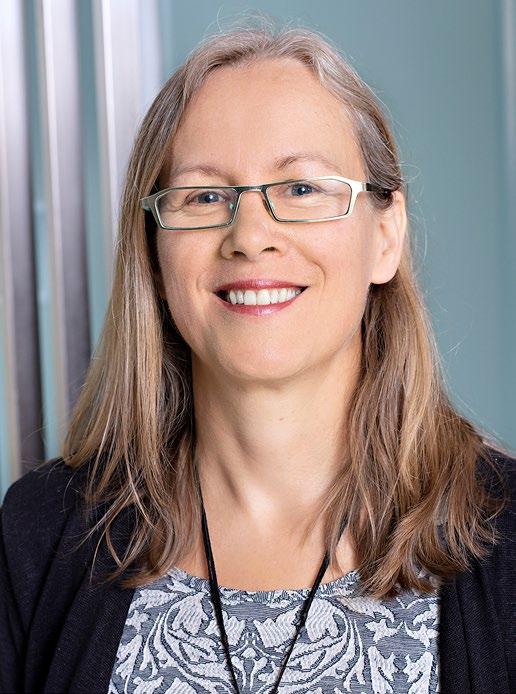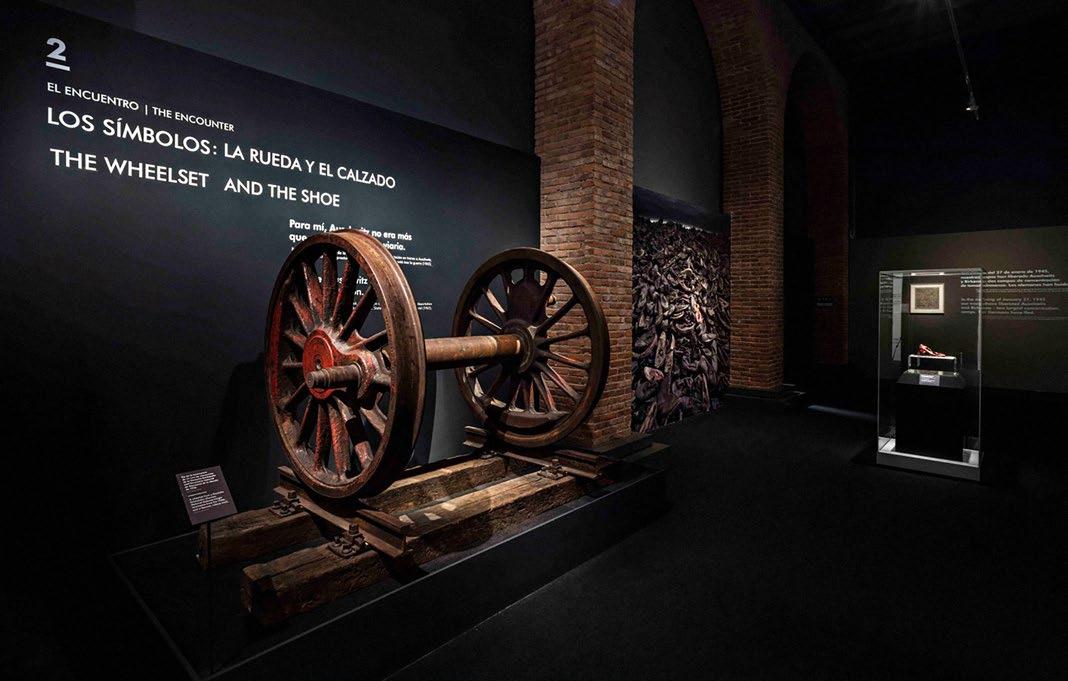Standing up for a better world Gideon Reisner
Saba Feniger and family, 2014
My grandmother, Saba Feniger, was a survivor. In 1997, she gave video testimony to the USC Shoah Foundation, a project of Steven Spielberg. In the second part of her testimony, she is accompanied by her family, including me.
T
he duality of my grandmother’s life was obvious and ever present. I remember walking into her room moments after she died in 2017 and gazing at her face. Yes, she looked peaceful—but I also saw relief and exhaustion etched into her expression. Her history was always in her present. It wasn’t just that the memory of the Shoah never left her—it was more. It was deeply woven into the surface of her consciousness. In the testimony she didn’t just triumphantly describe her family, she described us as a triumph. Sitting there, surrounded by her
10
JHC Centre News
offspring (minus one who was still on the way), I felt like she was comfortable, but grieving. She was satisfied, but defiant: as if she was not just looking at a camera from America, but leering into the depths of hell and challenging those who are doomed to toil there for eternity to ‘come and get her’, knowing full well that they couldn’t, but if they did it mattered not because with us by her side she was invincible. In her life, I often felt as if the armour of her victory was impossibly strong but stretched, like a thin veneer. It covered up her constant sense of loss but it didn’t imprison it. It was ever-present but















